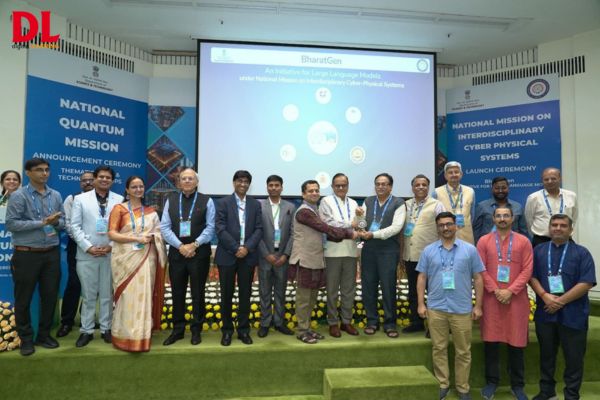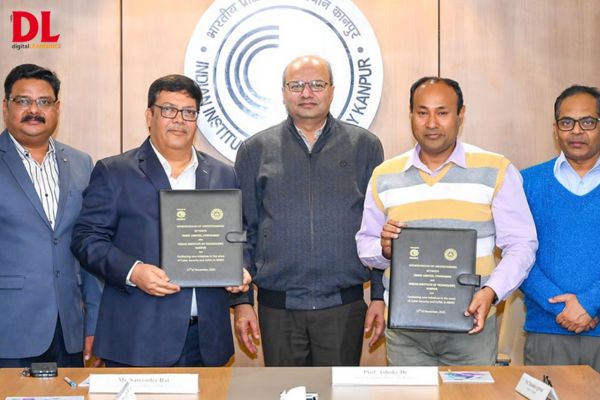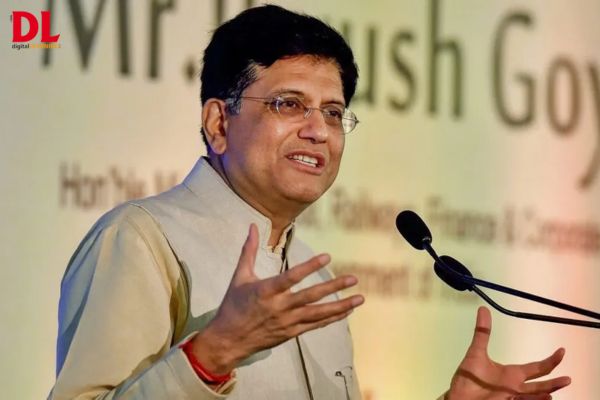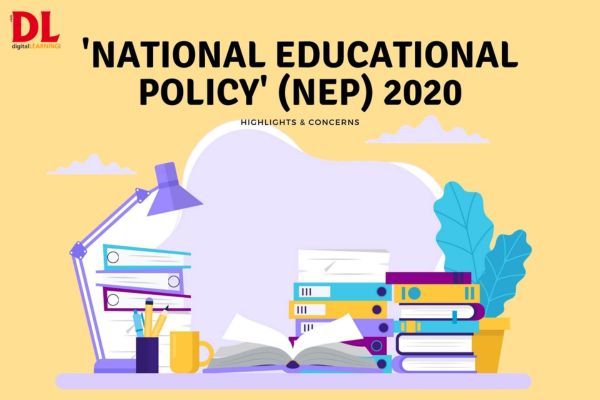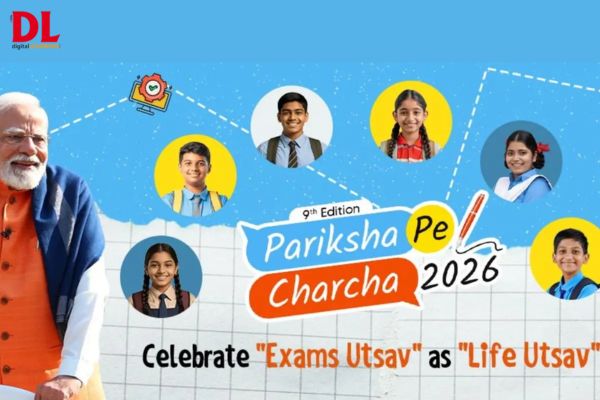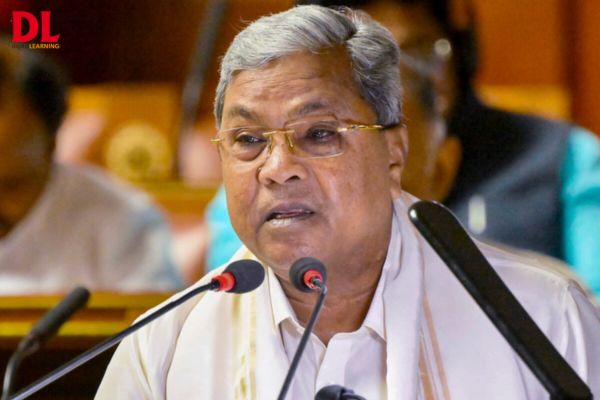Indian higher education is set to undergo its most significant regulatory transformation in decades. The Union Cabinet has approved a landmark legislation to establish a unified higher education regulator, bringing an end to the long-standing system of multiple governing bodies.
The new legislation, earlier referred to as the Higher Education Commission of India (HECI) Bill, has now been renamed the Viksit Bharat Shiksha Adhikshan Bill. Once enacted, it will consolidate the regulation of all non-medical and non-law higher education institutions under one central authority.
This move directly advances the vision outlined in the National Education Policy (NEP) 2020, which had highlighted the inefficiencies caused by overlapping mandates of multiple regulators. The proposed Commission will be responsible for regulation, accreditation, and the setting of academic and professional standards across the higher education ecosystem.
Medical and legal education will continue to be governed by their respective councils and will remain outside the ambit of the new body. Notably, funding will also remain separate from regulation for the time being. Financial oversight will continue to rest with the Department of Higher Education under the Ministry of Education, unless a dedicated Higher Education Funding Authority is established in the future, as earlier envisaged in NEP discussions.
For years, India’s higher education landscape has been fragmented across different regulatory agencies — the University Grants Commission (UGC) for general higher education, the All India Council for Technical Education (AICTE) for technical institutions, and the National Council for Teacher Education (NCTE) for teacher training colleges. NEP 2020 had strongly argued for a comprehensive restructuring of this framework, advocating for clearer roles and stronger institutional capacity.
The idea of a single regulator first took shape with the draft HECI Bill in 2018, but gained renewed momentum after Education Minister Dharmendra Pradhan assumed office in 2021. With Cabinet approval now secured, the Viksit Bharat Shiksha Adhikshan Commission is poised to play a central role in redefining governance, quality assurance, and standards in Indian higher education.










